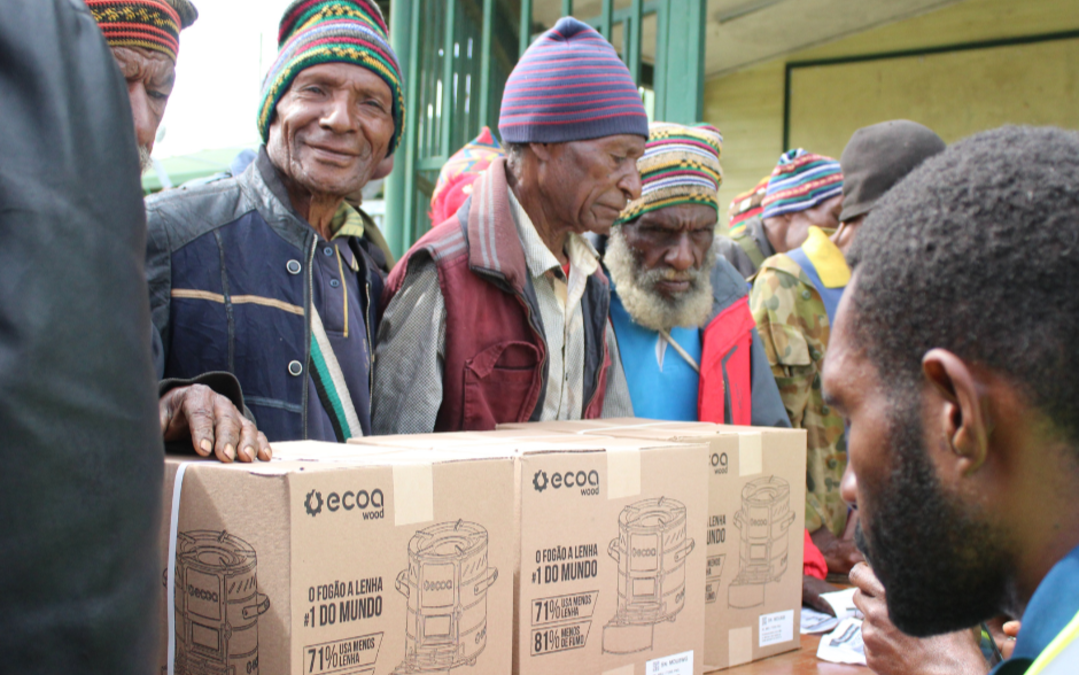PNG Cookstove Project 1st to Earn Carbon Credits Under Verra VM0050
Papua New Guinea cookstove project sets global benchmark with first carbon credits issued under Verra’s VM0050 methodology.
Melbourne-based Tasman Environmental Markets, a leading provider of carbon offsetting solutions in the Asia Pacific region, said on Wednesday its Papua New Guinea Improved Cookstoves project has become the first globally to issue carbon credits under Verra’s VM0050 methodology.
First to Issue Credits Under VM0050
The “Papua New Guinea Healthier Homes, Healthier Forests” project transitioned to Verra’s VM0050 Energy Efficiency and Fuel-Switch Measures in Cookstoves methodology, introduced in October 2024.
The methodology qualifies for the Integrity Council for the Voluntary Carbon Market’s Core Carbon Principles label, bolstering credibility in the market.
The issuance followed a verification audit by climate standards body SustainCERT.
“We’re proud to lead the way with the first-ever project approved under this robust methodology,” TEM Chief Executive Michaela Morris said in a statement. “This development is a testament to TEM’s ability to lead in a fast-evolving carbon market, combining rigorous standards with a focus on tangible benefits for both communities and the environment.”
Social and Environmental Benefits
The project operates in Papua New Guinea’s Southern Highlands, where over 80 percent of households still rely on indoor open-fire cooking.
TEM distributes improved cookstoves free of charge, helping cut firewood use, reduce indoor air pollution and ease the workload of collecting fuelwood.
“The emissions reductions are just one part of the story,” Morris said. “These cookstoves reduce exposure to indoor air pollution, save time otherwise spent collecting firewood and create meaningful economic opportunities – particularly for women.”
TEM said the project is expected to avoid nearly 3 million tonnes of carbon dioxide over 10 years. Distribution is planned to expand to 200,000 stoves, with 50,000 households targeted by 2026.
Locally Delivered Approach
Unlike many international developers that outsource implementation, TEM said it developed the project through its in-country team, working directly with local leaders and with the support of the PNG Climate Change and Development Authority and provincial governments.
The project aligns with PNG’s Nationally Determined Contribution under the Paris Agreement, supporting commitments to inclusive climate action.
By cutting firewood use, the project also aims to protect forests in one of the world’s most biodiverse regions.
Nirmal Menon
Related posts

Subscribe
Error: Contact form not found.


